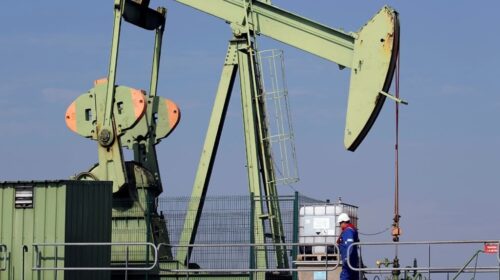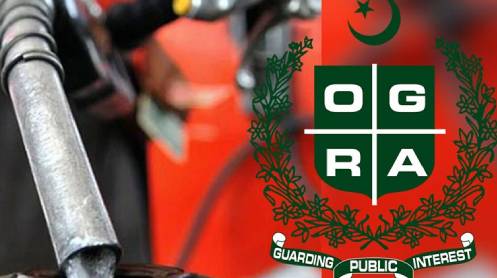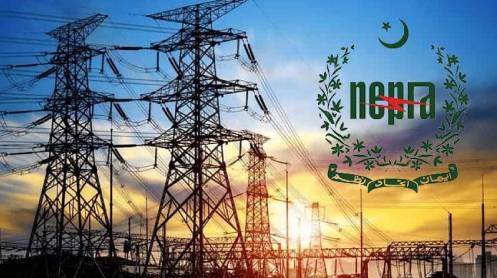The US-led West is placing sanctions on Russia. These have global repercussions in terms of energy pricing and security. The US and the UK are largely unaffected while the EU is facing consequences. The Middle East is a beneficiary as higher prices will add to oil producing countries’ coffers. Russia is economically doomed due to the sanctions.
Second in line are poor oil importing developing nations, including Pakistan, where the war in Ukraine is causing economic hardships, to say the least. The US is banning procurement of Russian oil and gas. This will have negligible impact on the US as the superpower doesn’t really rely on the Russian supplies. A similar sentiment is echoed by the UK — the country has said ‘no’ to buying Russian oil by 2022 end.
Although the UK buys higher volumes of hydrocarbons from Russia as compared to the US, its energy security does not hinge on Russia. It is interesting to note that within the developed world, only the EU has skin in the game. It has floated an aggressive and accelerated plan to replace Russian supplies as much and as quickly as possible.
It is eyeing to double the supply of other fossil fuels and renewables. It is focusing on supply of coal and LNG as replacement to Russian gas supply. It is also tapping the US, Africa, and Qatar to boost supplies. Moreover, the efforts on wind power and other renewable, including battery technology, have suddenly accelerated.
The US has insisted that it is open to sell to all. It has huge oil and gas reserves. It usually sells gas on the basis of spot mechanism. And US gas producers are having a ball. They produce gas at around $3 and are selling in spot at $50-60 while US consumers are getting supply at $3. On the other hand, Russians are in a tight spot. With the EU no longer buying gas or the bloc reducing purchases, Russian gas is stranded. It supplies EU through pipeline and these molecules (unlike LNG) cannot be diverted to others. For diversion to other clients (such as Asia), Russia needs to develop pipeline and infrastructure and that takes time.
The situation is tight and can lead to Russia’s economic bankruptcy. Russia still has options to go to the East and South Asia to sell its LNG. However, the questions that need to be answered are: What kind of sanctions does Russia face? How reluctant are buyers in securing these supplies? Interestingly, Russia could be offering big discounts.
Moreover, Russia knows that it’s not easy for the EU to survive without the Russian supply. By blocking the Russian supply, prices moved up and cost of energy for the EU is rising. Even gasoline prices in the UK and the US are at all-time highs. All these factors can bring stagflation to Europe’s doors. The EU countries have floated bonds in the financial markets to raise funds for energy subsidies to be offered in days of insane pricing.
The scenario of global recession is building up. This could be worse than the 2008 financial crisis. Many countries are considering rationing the use of oil and gas. Even developed countries such as Japan and Germany are talking about energy conservation. Pakistan is no exception. The country never really came out of the balance of payment worries in the past 15 years. It neither has external buffers nor petroleum strategic reserves.
Moreover, the government has frozen petroleum prices in order to transform its populist rhetoric into a firm action amidst the rising political temperature in the country. When the decision on POL products’ prices was taken, oil was around $95-100/barrel and now it is around $130 and can go even further up. The government has only two options — it can charge the consumers at full price or ration the demand.
A combination of both can also work. Pakistan’s energy imports’ volume will have to be lowered by 20-30 percent to keep import bill in the range that the country’s economy witnessed in the past few months, although it was hovering at all-time high. There is no way the government can carry out ‘on spot’ LNG purchases. The price today for Europe is $65-70 and it’s $55-60 for Asia where winter season has subsided. Pakistan should not buy gas at these killing rates. The public must be prepared for load-shedding.
The government should declare an “energy emergency”. There should be an energy centre within the PM secretariat, just like NCOC (National Command Operation Center), which was government’s response to Covid-19 outbreak. The whole world is talking about rationing. There is no other way. The quicker government moves in that direction, the better.





